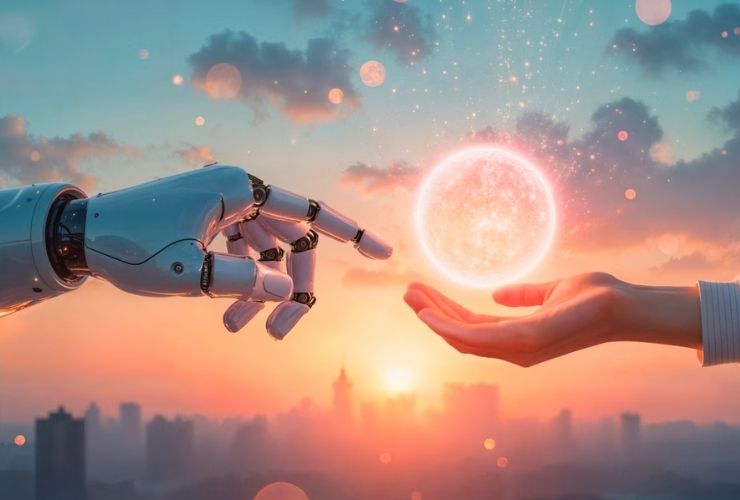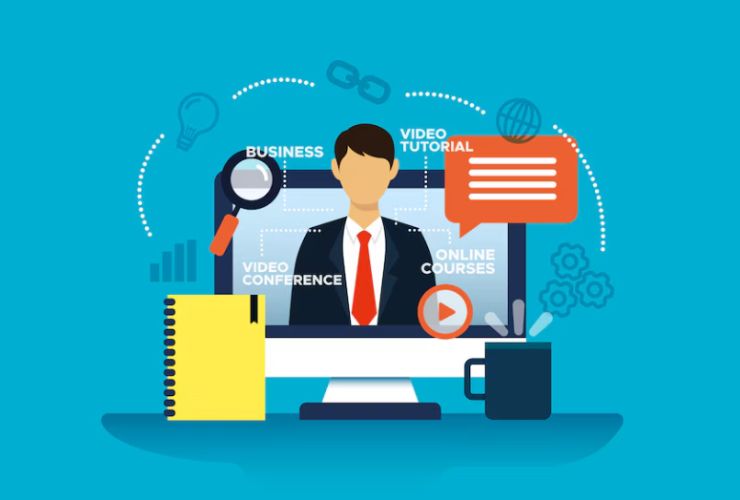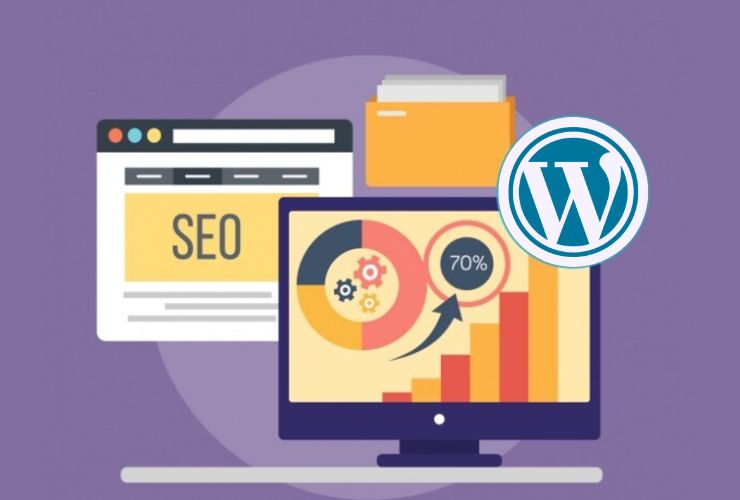The emergence of artificial intelligence (AI) is one of the largest technological revolutions of contemporary times. AI is reshaping business operations and how humans work by performing rote tasks and supporting decisions based on data analysis. As industries adopt intelligent systems and machine learning, the workplace is evolving at an unprecedented rate, reshaping everything from job descriptions to business strategy.
1.Transformation of Work and Workforce Dynamics
AI is also not only automating tasks, it is redefining entire professions. Across healthcare, finance, manufacturing, and customer service, AI is able to manage repetitive or analytical activities to free people to perform creative, strategic and complex problem-solving activities.
For instance:
- Healthcare: healthcare professionals use AI technologies to help with diagnostic processes or predict patient care needs.
- Finance: financial analysts use AI-enabled software to assess market conditions and detect fraud faster.
- Manufacturing: manufacturers deploy robots that use AI and machine learning to perform precision-based assembly and quality control.
These developments are creating a hybrid workforce model, where humans and machines are working together to provide improvements in effectiveness and innovation. AI is not eliminating work responsibilities, it is supporting human capabilities by complementing the work performed by people, allowing workers to move to focus on value-add, strategy, and creative activities that AI and humans cannot replicate.
2. Enhance Productivity and Efficiency
AI-powered tools are changing how businesses function by automating tedious, time-consuming tasks. Data entry, scheduling appointments, and writing reports are all done instantaneously and with near-perfect accuracy.
AI allows greater intelligence in workflow automation, through platforms like Microsoft Copilot, Google Duet, and ChatGPT, which allow professionals to create content, code, or analyze data to save time. Predictive analytics also enables companies to extrapolate trends, anticipate demand, and optimize operations when decision-making is often reactive, making organizations more proactive in their strategies.
The takeaway is clear: By automating manual tasks and enhancing accuracy, AI enables teams to get more done in shorter timeframes. Organizations using AI report demonstrable increases in efficiency, cost reduction, and staff satisfaction in transition to more meaningful work.
3. Enabling New Career Paths
A primary concern when the discussion centers on artificial intelligence is that it will be responsible for job loss. The reality is seldom black and white. AI is reformulating the job market instead of eliminating it. Recent research indicates that AI will spur millions of job opportunities in data science, AI engineering, robotics, cybersecurity, and AI ethics over the next ten years.
Some of these new or changing jobs will be responsible for:
- AI engineers and machine learning experts who are responsible for building smart models and algorithms
- Prompt designers and AI trainers responsible for refining the set of instructions that AI uses to interpret human inputs
- Data analysts and business intelligence professionals who help organizations take AI outputs and convert them to strategic business options
- AI ethics professionals will engage with teams and organizations to ensure fair and responsible use of AI.
Other workers in established jobs are fasting building their own skills so they are better able to integrate AI into their work. Marketers are utilizing AI to personalize campaigns, many human resource professionals use AI to screen candidates for potential talent, and teachers are relying on data generated through AI analysis to inform their lesson plans.
AI will not replace our work, it enhances work. The future of work will require us all to adapt and continuously learn.
4. Making Better Decisions Using Data.
AI is only as good as the data that stands behind it – and today’s organizations are creating more data than ever. Data is analyzed at a scale, velocity, and accuracy that humans alone could never achieve through machine learning and predictive analytics. Organizations are using this data to inform decisions in order to increase efficiency, reduce risk, and discover new opportunities. For example:
- Retailers use AI to anticipate buying behavior and manage inventory in real time.
- Financial organizations are identifying fraud in seconds rather than months.
- Marketing teams are offering unique customer experiences based on consumer interaction.
AI is moving data from a static asset to a strategic decision-making platform that affords leaders with the ability to act decisively with confidence.
5. Creating a Culture of Human and AI Collaboration.
The work of the future is not humans against machines, but rather humans collaborating with machines. Organizations who will thrive in the future will develop and support a culture that promotes and values collaboration between people and machines. Culture that supports AI integration means:
- Employees are encouraged to embrace new technology, rather than fearing it;
- Organizations offer reskilling and upskilling, that are designed to promote digital literacy and integration of AI and automation;.
- AI tools are seamlessly embedded across the department so they can support creativity, communication, collaboration, and problem solving.
6. Overcoming Difficulties and Ethical Challenges
As organizations embrace artificial intelligence, the ethical and practical issue surrounding AI are increasing as well. Data privacy, displacing human labor, algorithmic bias, and transparency are important issues for organizations and policymakers to be aware of.
To foster trust in AI, organization should:
- Implement ethical frameworks around AI that promote fairness and accountability.
- Be transparent with how AI systems are making decisions.
- Be a steward of data and protect sensitive information.
- Assist workers through education and retraining programs for existing jobs augmented by AI.
- A responsible AI strategy does more than mitigate risks — it enhances brand reputation, employee trust and long-term sustainability.
7. Looking Forward: What Does the Future Hold
The AI revolution is just beginning, with enormous potential. Our future workplaces will likely consist of AI-embedded systems that will anticipate needs, recommend actions and optimize performance on a continuous basis.
Innovative technologies, such as generative AI, natural language processing (NLP) and autonomous systems, will push the bounds of what’s possible, creating smarter, faster, more tailored experiences in all industries.
Nevertheless, the human factor cannot be overlooked. Creativity, empathy, leadership, and ethics will remain the characteristics of successful professionals when working in an AI-enhanced world.
Conclusion
The AI revolution is not a distant future — it’s happening now. From enhancing productivity to creating new opportunities, AI is fundamentally transforming the way we work. Organizations that adapt, innovate, and invest in AI-driven solutions will not only remain competitive but also lead the evolution of a smarter, more connected, and more human-centric workplace.
The key to success in this new era lies in collaboration, adaptability, and continuous learning. As AI continues to evolve, the partnership between humans and machines will shape the future of work — one where technology amplifies human potential rather than replacing it.
Contact Us Today













 Database Development
Database Development












































